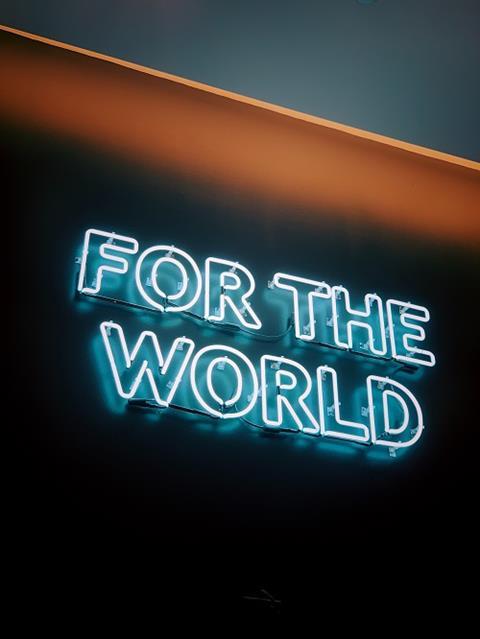
For the majority of us, the world is a very different place than it was a couple of weeks ago. Some changes we seem to be taking in our stride - adding new phrases to our vocabulary, such as social distancing and social isolation, or finding out what a zoom call is. But others are more difficult to stomach - learning for example that “I love you” means staying away from family and friends instead of visiting them.
There are definitely multiple aspects of this new reality which are hard to grasp. Being a mental health practitioner for the NHS, I have been talking to people who are struggling to manage now the safety of their day to day has been pulled from under them and the uncertainty of what lies ahead creeps in. It is an especially difficult time for those who are struggling financially, for the elderly and those with physical health conditions. When we turn on our television screens and hear the almost-apocalyptic updates, with tales of panic buying and everyone -for-themselves attitudes, it can be tempting to feel as though this hellish pandemic is dragging humanity down with it.
However, if we take a while to pause, we will see that on the ground a beautiful thing is happening – societal compassion is starting to take hold. Just down the road from me, the owners of the local shop are working tirelessly overtime to keep their shelves stocked and putting together packages for people who are vulnerable or self-isolating. Churches are reaching out within their communities and providing support and prayerful comfort. Mutual-aid groups are being established across the UK as people take it upon themselves to look out for vulnerable people living near to them. Even in London, where neighbourly smiles are sometimes met with suspicion or confusion, people are digging in with community sharing and supporting. Still more on a global scale, we are seeing countries and companies taking a rapid and dramatic response. World leaders have made it clear that lives are being put over financial losses to the point where we have seen schools, businesses and even countries shut down.
At the moment, it might seem like this storm will never pass. But it will. For example, news from China is that they are experiencing no new cases of the virus apart from people travelling to the country. Once the pain and the loss has subsided, the question will be - what is the legacy of this pandemic? And can anything good be drawn from this chaos?
Some people have been drawing a silver-lining from some of the positive environmental effects the virus has been having, such as fewer aeroplane flights and less air pollution. NASA has highlighted that in China, levels of nitrous oxide has greatly reduced since the spread of the virus. While these observations may be true, on their own they do little to help the climate crisis. Not only can they set up an unhelpful planet versus people binary, but it also doesn’t take into consideration the fact that this environmental benefit is probably not going to be long-lasting. This is because crises and economic downturns are not effective means of decreasing carbon emissions in the long term. History shows that while they might cause a momentary dip in emissions, these soon return to normal after the crisis has passed.
However, for many of the poorest people in the world, already living with the crisis of climate change, it is vital we don’t let the Covid-19 crisis lead us to ignoring their plight. If we forget about action on climate change, delaying efforts to tackling a heating planet, then for some of the most vulnerable people in the world, Covid-19 will have been a double catastrophe.
But there could still be a positive legacy from this crisis. When addressing the nation on Mothering Sunday, Archbishop Justin Welby said: “Looking inwards will only reveal the limits of our own resources, and lead to deeper fear and selfishness. Acting in love found from God in Jesus Christ will do the exact reverse”. This situation has forced us out of our inward-looking lives and revealed our interconnectedness and vulnerability. It is igniting compassion and action across neighbourhoods and continents.
My hope is that as we move beyond social isolation that we continue to understand that this collective courage is a strength and not a weakness and that we will be ready to tackle the climate crisis with the same conviction.
Holly-Anna Petersen is an NHS professional, a trustee of Operation Noah and a coordinator or Christian Climate Action – the Christians of Extinction Rebellion. Each day Christian Climate Action is running a 9am and 9pm online prayer session via zoom to bring comfort, companionship and consistency in these difficult times.






























